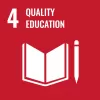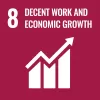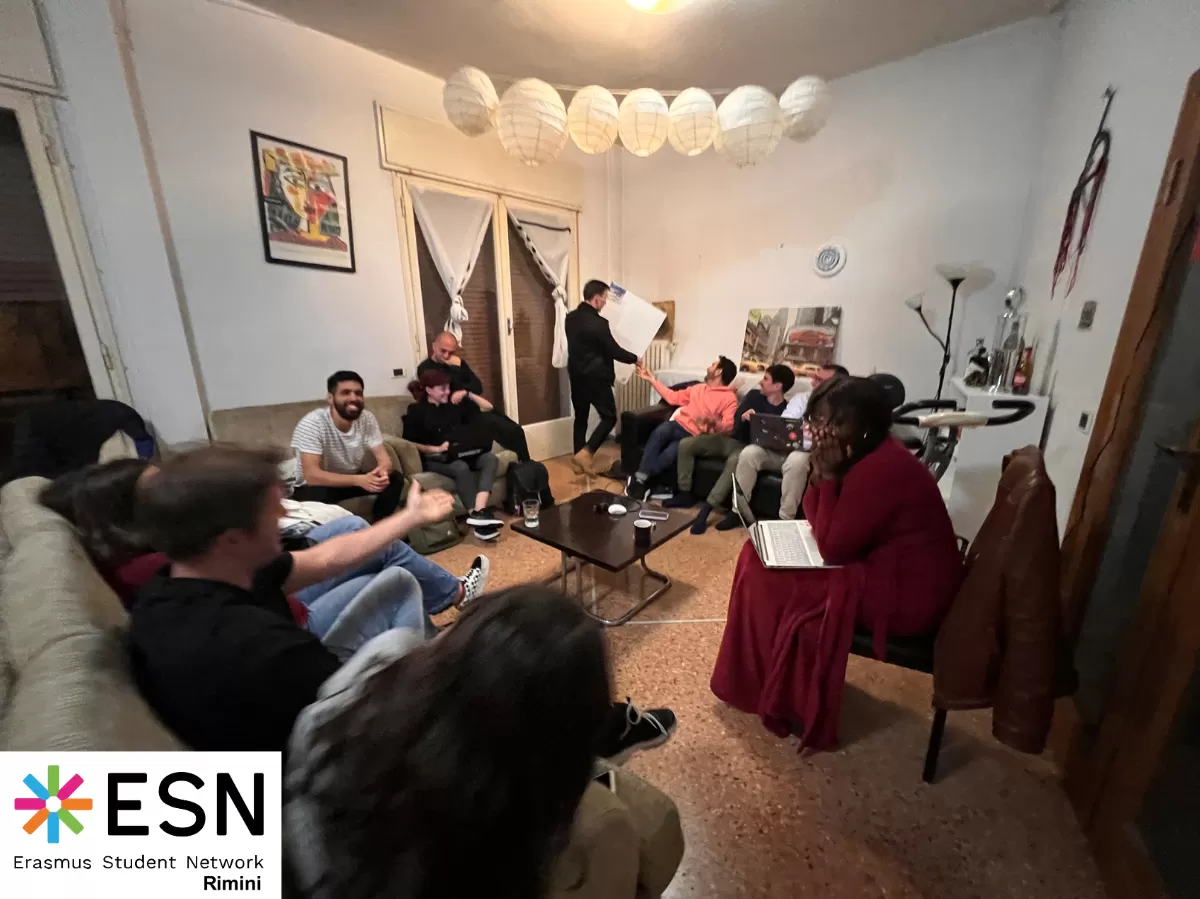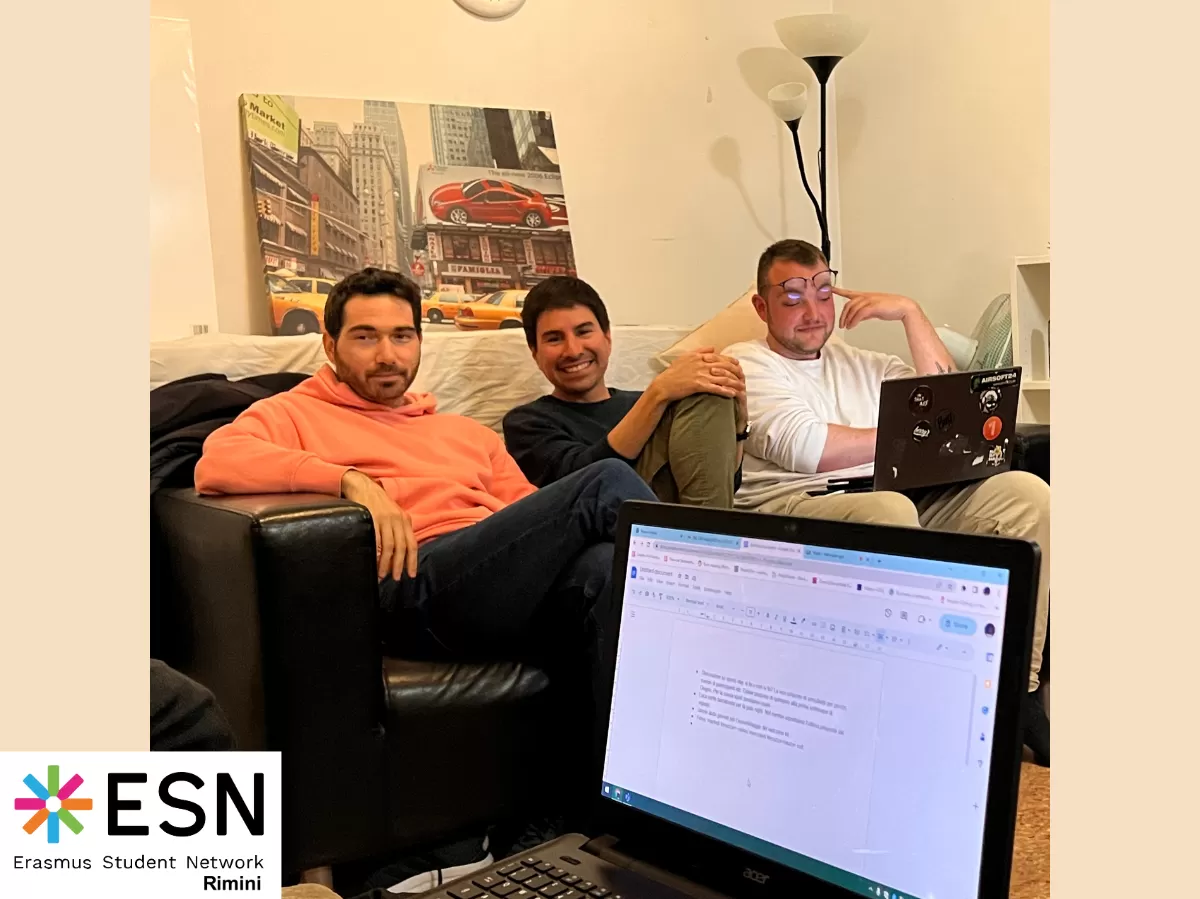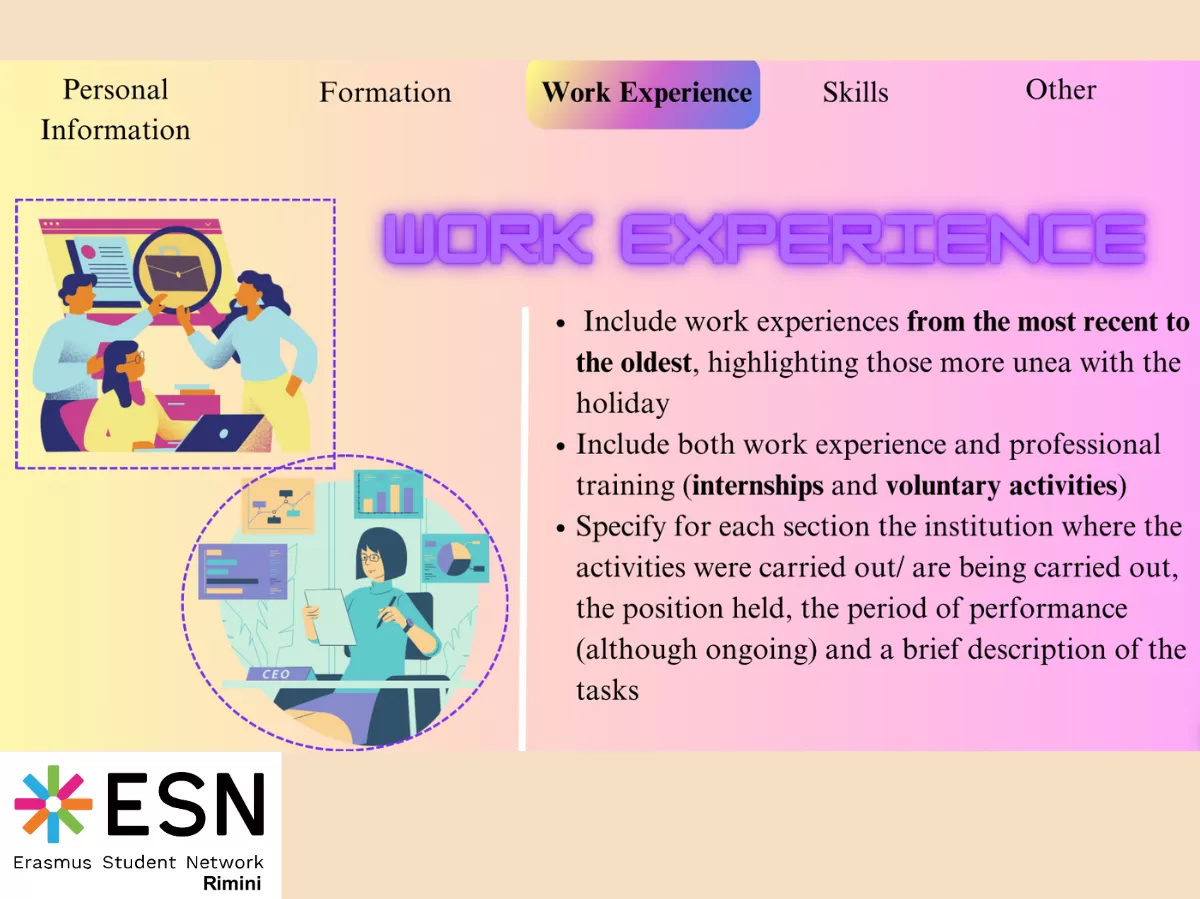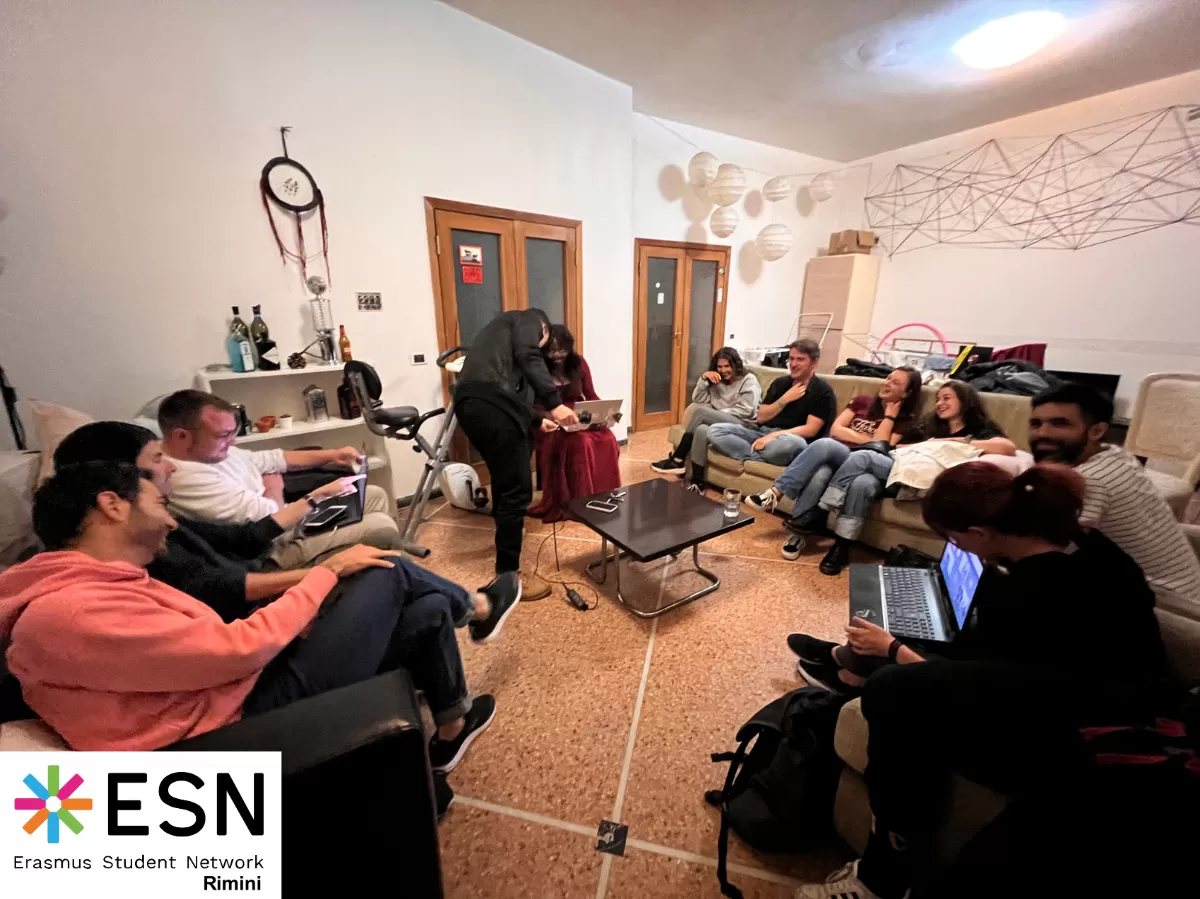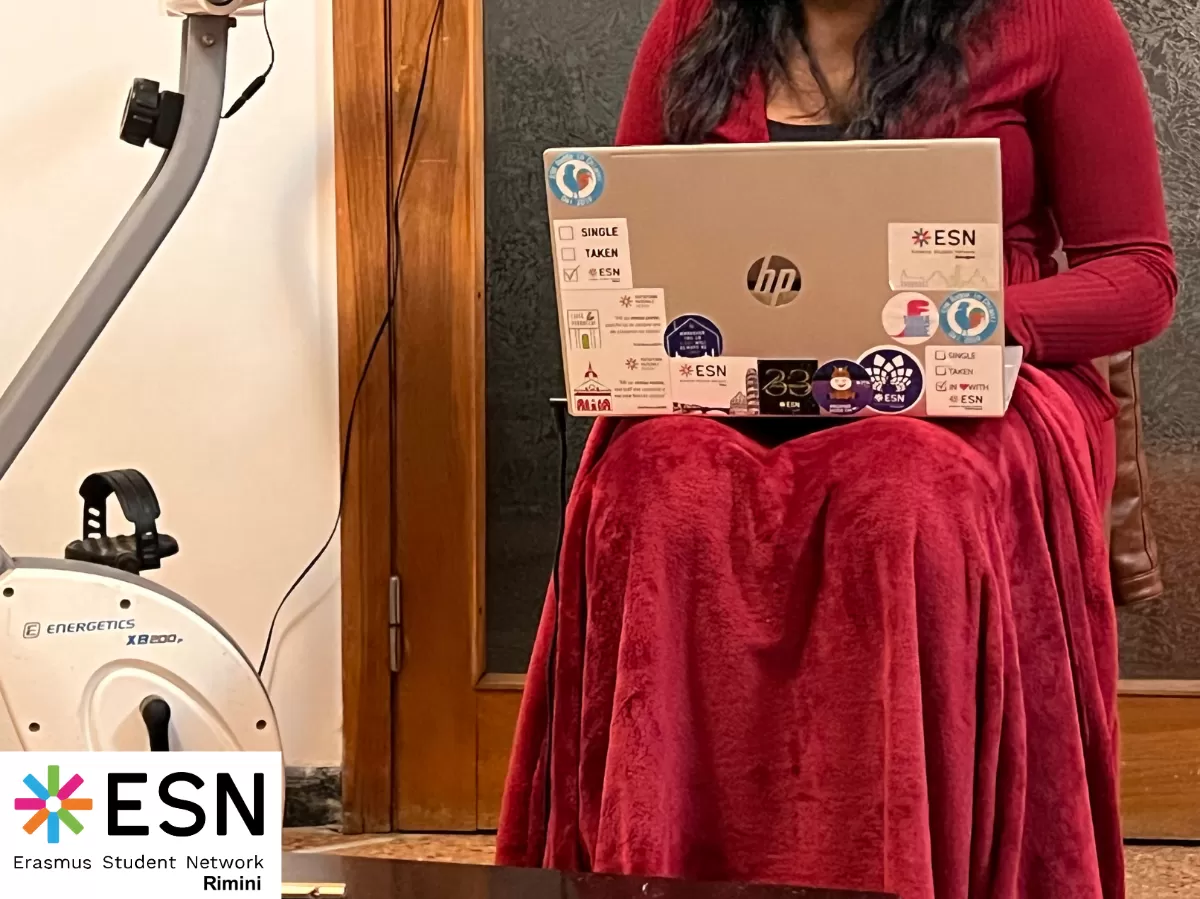Italy
participants
The goal of this event was to help erasmus students and esners as well to create their CV. To teach them how to personalise it so that it would stands out competitively against other applicants. During the workshop best practices for creating a perfect CV were taught!
It was supposed to take place on Thursday 27 April 2023 at Stories 19 Bar & Kitchen, Piazza Tre Martiri, 19, 47921 Rimini RN but eventually we moved to a volunteer of ESN Rimini private home so we could use more silence and privacy.
WORKSHOP AGENDA:The Curriculum Vitae is your business card, the first point of contact with the world of work. It must always be up to date, ready to be sent to companies. It must be graphically homogeneous and easy to read. It is always better to focus on a synthetic but descriptive and effective CV. Recruiters take an average of 10 to 60 seconds to assess whether CV is valid or not.
Canva can be used to write a CV:
- Free
- Intuitive and easy to use
- Pre-set models
- Original and customizable CVs
But Europass as well:
- - European recognition of academic and professional qualifications and qualifications
- - Standard and homogeneous CV, strictly structured
- - Impersonal
- A CV must have this STRUCTURE:
- 1) PERSONAL INFORMATION -->
- Name and Surname clear and visible
Contacts (email, mobile, LinkedIn)
City of Residence
Short description of your personal profile
Other information: date of birth, driving license
- 2) FORMATION -->
- Insert training experiences from the most recent to the oldest
- Specify for each section the institution/university, the course of study and the period in which the title was obtained
- If currently students, enter the period as below: 2023 - current
- Indicate the degree mark only if it is the maximum score or if required by the position, otherwise it is not necessary
- For international positions also specify the EQE (European Qualifications Framework)
- Enter any Erasmus and/or Double Degree experiences.
- 3) WORK EXPERIENCE -->
- Include work experiences from the most recent to the oldest, highlighting those more unea with the holiday
- Include both work experience and professional training (internships and voluntary activities)
- Specify for each section the institution where the activities were carried out/ are being carried out, the position held, the period of performance (although ongoing) and a brief description of the tasks
- 4) SKILLS -->
- Language skills: Evaluate your knowledge of foreign languages using
the levels included in the Common European Framework of Reference for Languages (CEFR).
Possibly, divide the different areas (reading, listening, understanding, oral production, written production)
Computer skills: Enter all acquired skills in autonomy and during the course of studies. E.g. Wordpress, Adobe, SDL Trados, Excel, translation programs, editing, data analysis
- Soft skills: Personal and transversal skills. They can be inserted in a special section or within the description of your personal profile, in a more discursive way.
-
5) OTHER --> Courses, Certifications, Publications:
Insert the period of achievement of the certifications and/or courses
- the degree of the course/certification
- the regulator
For publications, enter the names of the authors, the full title of the publication, the publishing house, the year of publication, the code and the link
ADVICES:
- - Enter the keywords found in the advertisement or in the profile of the company for which you are applying; companies often use CV screening programs
- - Reread your CV as if you were evaluating it by a third person, or have someone else read it directly, who can assess the clarity and completeness of the information you have entered
- - Always submit your CV in PDF format and name it with your full name (ex. Rossi Mario CV).
- - Avoid going overboard, trying to keep your CV on 1 page
- - Justifying the text
- - Try to verbally describe your skills and knowledge (BASIC / INTERMEDIATE / ADVANCED) by avoiding inserting graphical references that could highlight the shortcomings, such as the following:
- - Keep track of applications submitted so that you are not unprepared if you are contacted for an interview!
- PHOTO: Can be useful especially during recruiting events (Career Day, Career Service, ...) when many candidates are there. Avoid: selfie, graduation photos, non-professional photos. We recommend an HD photo, half bust, with a light background. N.B. In the case of English-language CVs to be sent to companies in English-speaking countries, DO NOT enter the photo
- NOT NECESSARY ELEMENTS
- Fiscal Code/ ID Number
- Grade of degree
- The exact duration of the studies, if not in progress
- The type of employment contracts
- Hobbies and interests: they can be useful during icolloqui to break the ice, but it is mandatory to insert themù
- MISTAKES TO AVOID:
- Lying about grades, language skills and experiences (but be careful not to be little your skills)
- Repetitions of elements already inserted
- Withholding permission to process personal data
- Insert a photocopied/scanned/low quality CV
- Include all skills in one category: language skills must be distinguished from computer skills, soft skills, from courses, etc...
- Making misspellings and punctuation errors
- Enter personal information about your family status and information about your household
- Fill in the resume by hand
